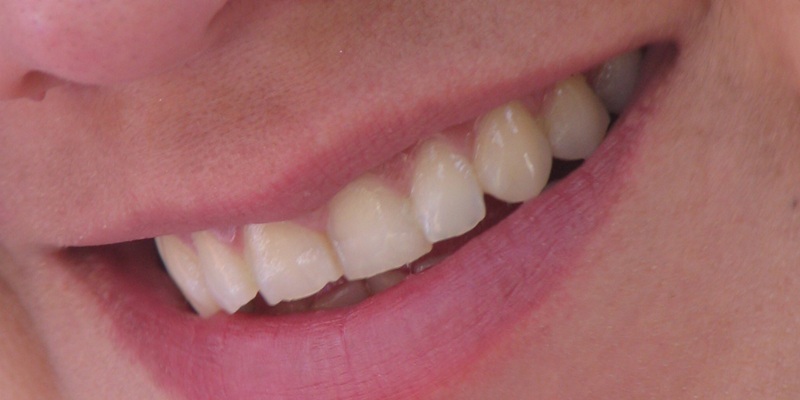Plans by a council to employ a top academic to survey levels of happiness have been branded “preposterous.”
Local authority chiefs in Fife have come under fire after unveiling proposals to spend £10,000 on the “wellbeing” study.
The survey has been commissioned just days before the local authority holds its budget meeting. Top of the agenda will be the need to make savings of £120 million over the next four years.
Meanwhile, the £10,000 outlay also coincides with the council’s hugely controversial decision to off-load authority-run care homes in a bid to balance the books.
Professor Joe Goldblatt, of Queen Margaret University’s international centre for the study of planned events, has been commissioned to examine just how happy residents were during Fife’s 2010 “year of culture.”
“Celebrating Fife 2010 may be over but its legacy will live on,” a council spokesman said.
“There is no denying that it has been an enormous success in terms of economic benefits, but did it make people feel better?
“How happy did it make you?”
Professor Goldblatt has been asked to investigate whether or not community events enhance people’s levels of happiness. He has also been given the job of finding out if such events “are important.”‘Ridiculous’One Fifer who will be hard to convince is East Neuk and Landward councillor Mike Scott-Hayward, who last night branded the £10,000 initiative “ridiculous.”
With multi-million-pound budget savings being considered across the board, he questioned the need for “fluffy gesture politics.”
“What not only the people of Fife, but the people of our country need is substantial measures to improve our economy,” he told The Courier.
“What we do not need is fluffy gesture politics.
“We do not need empty words to make us feel better…this is an utter waste of money.”
Mr Scott-Hayward said the majority of Fife residents would be disgusted by the £10,000 outlay.
“Colleagues and friends have pointed this survey out to me and all agree it is nothing short of ridiculous,” he said.
“Most sensible people just cannot credit that the council could be so stupid.”BenefitsHowever, Dorothy Browse, service manager in the local authority’s libraries, arts and museums division, insists the project is anything but “stupid.”
She also said the Celebrating Fife programme had brought enormous benefits to the kingdom, both socially and economically.
“Analysis of the fabulous flagship events suggests a return of £12.37 to Fife for every £1 invested,” Ms Browse said.
“This notable financial return is only one of the benefits we have seen. There have been some remarkable social benefits, too, for communities and individuals in getting together to organise and participate in local events.”
Ms Browse said the new study could be enormously valuable in the long-term. “Measuring the link between cultural activity and feelings of wellbeing is obviously difficult but, if we want to inform decisions on future investments, it is important that the evaluation is taken seriously and that the results can be trusted,” she continued. F
“We built the cost (of this study) into the overall project costs at the start.”
Ms Browse added that the research carried out by Professor Goldblatt would be a national first.
“The Queen Margaret University’s international centre for the study of planned events is a world-leading research centre,” she said.
“As well as the evaluation itself, a tool kit on how to measure the impact of cultural activity and organised events on community wellbeing will be developed.
“This will be the first of its kind in Scotland, if not the UK, and will be of great interest to other local authorities, public bodies and private sector organisations.”
She added Fife Council was “very pleased” to be associated with ground-breaking research and pointed out the cost of £10,000 represents less than 0.5% of the total Celebrating Fife 2010 budget.
Photo used under Creative Commons licence courtesy of Flickr user eperales.
